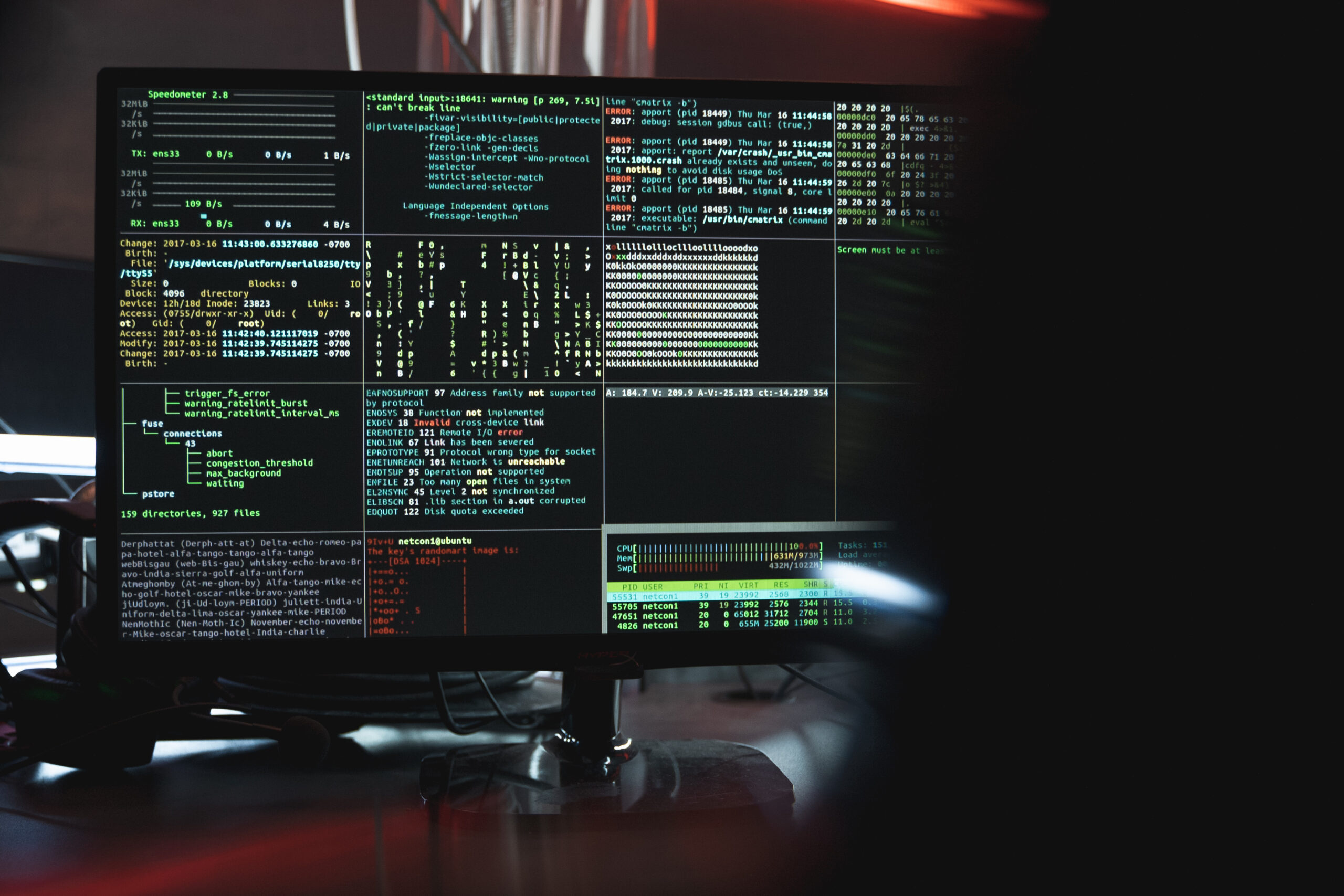Hey there! In this video, we’ll be discussing some recent cybersecurity news that you won’t want to miss. First up, we have a major data breach at New England Biolabs, a well-known biology research products manufacturer. The breach exposed sensitive information, including database credentials, login information, and payment processing data. The potential consequences could have been catastrophic, with hackers gaining access to the company’s systems and causing havoc. Fortunately, Cybernews researchers discovered the breach and alerted the company, prompting them to take immediate action.
Next, we have a shocking case involving an NSA employee who pleaded guilty to spying for Russia. The employee attempted to transmit top-secret information to what he believed was a Russian agent, only to find out it was actually an FBI informant. The employee now faces life in prison for his actions. As the story unfolds, we’ll dive deeper into the implications and potential national security risks involved. Stay tuned for more updates on these and other cybersecurity news stories.
New England Biolabs Data Leak
New England Biolabs, a renowned manufacturer of biology research products, recently experienced a significant data breach. Cybernews researchers discovered that two of the company’s environment files were publicly hosted and freely accessible online. These files contained sensitive information such as database credentials, login information, payment processing details, and other confidential data.
The potential consequences of this data leak were severe. If accessed by cyber criminals, they could have gained unauthorized entry into the company’s systems and caused extensive damage. New England Biolabs produces critical materials used in genetic research, making the breach even more concerning. Fortunately, the company took swift action upon being contacted by Cyber News and promptly closed the access. However, it remains uncertain whether criminals had already obtained the files before the breach was discovered.

NSA Employee Pleads Guilty to Spying for Russia
In an alarming turn of events, a former NSA employee recently pleaded guilty to charges of spying for Russia. According to court documents, the employee attempted to transmit top-secret information to an individual they believed to be a Russian agent. The data involved several files containing military secrets, which the employee transferred in exchange for a reward of $85,000.
However, it was revealed that the supposed Russian agent was, in fact, an FBI informant. As a result, the NSA employee is now facing severe consequences and potentially a life sentence in prison. The case highlights the ongoing threat posed by insider espionage and the need for stringent security measures within intelligence agencies.
Live Traffic Tracking Disabled in Israel and Gaza
Due to the escalating situation in Israel and Gaza, Google has disabled live traffic tracking on its maps and navigation apps. This decision is a response to the evolving circumstances, which are increasingly resembling a state of war. Live traffic tracking features are commonly disabled in war zones for various reasons, primarily to ensure the safety of individuals and to prevent potential misuse or exploitation of the information.
The decision by Google to disable live traffic tracking aligns with companies’ responsibility to prioritize the well-being and security of their users. As the world anticipates the potential invasion of Gaza, Israel has vowed to take action following attacks initiated by Hamas earlier this month. Such measures ensure that navigation apps do not inadvertently aid or provide real-time information to parties involved in conflicts.
Flipper Zero Targets Android and Windows Devices
A newly developed firmware known as Flipper Zero has raised concerns in the cybersecurity community. This firmware allows Flipper Zero, a hacking tool, to target Android and Windows devices. The application utilizes a technique involving the continuous sending of thousands of Bluetooth connection requests, effectively spamming the targeted devices and rendering them temporarily unusable.
Previously, a similar technique was developed for iOS devices, which allowed the Flipper app to disrupt their functionality. The expansion of this technique to Android and Windows devices raises concerns about their vulnerability to such attacks. On a positive note, unlike iOS devices, which may lock the screen with popup messages, Android and Windows devices enable users to disable Bluetooth and halt the attack.
Apple Backs “Right-to-Repair” Bill
Apple’s announcement that it will support the “right-to-repair” bill marks a significant shift in the company’s stance on repairability. For years, advocates in the tech community have argued that Apple makes repairing their devices nearly impossible for independent repair shops. However, Apple’s decision to back the right-to-repair movement is a positive development for consumers and independent repair businesses.
By supporting the bill, Apple commits to providing independent repair shops with the necessary tools and parts to fix Apple devices. This change in approach is likely to have a significant impact on the right-to-repair movement, which has gained traction in recent years. It is a welcome change that promotes consumer choice and reduces electronic waste by prolonging the lifespan of devices.
Conclusion
The recent events discussed in this article highlight the ongoing challenges and developments in the cybersecurity landscape. The New England Biolabs data leak emphasizes the need for organizations to prioritize the security of sensitive information and regularly assess their systems for vulnerabilities. The case of the NSA employee pleading guilty to spying for Russia underscores the importance of stringent security protocols within intelligence agencies.
Google’s decision to disable live traffic tracking in Israel and Gaza demonstrates the responsibility companies have in ensuring user safety during times of conflict. The emergence of Flipper Zero targeting Android and Windows devices raises awareness about the vulnerability of these systems to potential attacks. Finally, Apple’s support for the right-to-repair bill signifies a significant shift in the tech industry, promoting consumer choice and reducing electronic waste.
As technology continues to evolve, it is crucial to stay informed about the latest cybersecurity news and developments. By remaining vigilant and proactive, individuals and organizations can better protect themselves and contribute to a safer digital environment.
